How To Write an Analytical Essay

If you enjoy exploring topics deeply and thinking creatively, analytical essays could be perfect for you. They involve thorough analysis and clever writing techniques to gain fresh perspectives and deepen your understanding of the subject. In this article, our expert research paper writer will explain what an analytical essay is, how to structure it effectively and provide practical examples. This guide covers all the essentials for your writing success!

What Is an Analytical Essay
An analytical essay involves analyzing something, such as a book, movie, or idea. It relies on evidence from the text to logically support arguments, avoiding emotional appeals or personal stories. Unlike persuasive essays, which argue for a specific viewpoint, a good analytical essay explores all aspects of the topic, considering different perspectives, dissecting arguments, and evaluating evidence carefully. Ultimately, you'll need to present your own stance based on your analysis, synthesize findings, and decide whether you agree with the conclusions or have your own interpretation.

Lorem ipsum dolor sit amet, consectetur adipiscing elit.

Wednesday Addams
Mysterious, dark, and sarcastic
You’re the master of dark humor and love standing out with your unconventional style. Your perfect costume? A modern twist on Wednesday Addams’ gothic look. You’ll own Halloween with your unapologetically eerie vibe. 🖤🕸️
Wondering How to Impress Your Professor with Your Essay?
Let our writers craft you a winning essay, no matter the subject, field, type, or length!
How to Structure an Analytical Essay
Crafting an excellent paper starts with clear organization and structuring of arguments. An analytical essay structure follows a simple outline: introduction, body, and conclusion.
Introduction: Begin by grabbing the reader's attention and stating the topic clearly. Provide background information, state the purpose of the paper, and hint at the arguments you'll make. The opening sentence should be engaging, such as a surprising fact or a thought-provoking question. Then, present your thesis, summarizing your stance in the essay.
Body Paragraphs: Each paragraph starts with a clear topic sentence guiding the reader and presents evidence supporting the thesis. Focus on one issue per paragraph and briefly restate the main point at the end to transition smoothly to the next one. This ensures clarity and coherence in your argument.
Conclusion: Restate the thesis, summarize key points from the body paragraphs, and offer insights on the significance of the analysis. Provide your thoughts on the topic's importance and how your analysis contributes to it, leaving a lasting impression on the reader.
Meanwhile, you might also be interested in how to write a reflection paper , so check out the article for more information!
How to Write an Analytical Essay in 6 Simple Steps
Once you've got a handle on the structure, you can make writing easier by following some steps. Preparing ahead of time can make the process smoother and improve your essay's flow. Here are some helpful tips from our experts. And if you need it, you can always request our experts to write my essay for me , and we'll handle it promptly.
.webp)
Step 1: Decide on Your Stance
Before diving into writing, it's crucial to establish your stance on the topic. Let's say you're going to write an analytical essay example about the benefits and drawbacks of remote work. Before you start writing, you need to decide what your opinion or viewpoint is on this topic.
- Do you think remote work offers flexibility and improved work-life balance for employees?
- Or maybe you believe it can lead to feelings of isolation and decreased productivity?
Once you've determined your stance on remote work, it's essential to consider the evidence and arguments supporting your position. Are there statistics or studies that back up your viewpoint? For example, if you believe remote work improves productivity, you might cite research showing increased output among remote workers. On the other hand, if you think it leads to isolation, you could reference surveys or testimonials highlighting the challenges of remote collaboration. Your opinion will shape how you write your essay, so take some time to think about what you believe about remote work before you start writing.
Step 2: Write Your Thesis Statement
Once you've figured out what you think about the topic, it's time to write your thesis statement. This statement is like the main idea or argument of your essay.
If you believe that remote work offers significant benefits, your thesis statement might be: 'Remote work presents an opportunity for increased flexibility and work-life balance, benefiting employees and employers alike in today's interconnected world.'
Alternatively, if you believe that remote work has notable drawbacks, your thesis statement might be: 'While remote work offers flexibility, it can also lead to feelings of isolation and challenges in collaboration, necessitating a balanced approach to its implementation.'
Your thesis statement guides the rest of your analytical essay, so make sure it clearly expresses your viewpoint on the benefits and drawbacks of remote work.
Step 3: Write Topic Sentences
After you have your thesis statement about the benefits and drawbacks of remote work, you need to come up with topic sentences for each paragraph while writing an analytical essay. These sentences introduce the main point of each paragraph and help to structure your essay.
Let's say your first paragraph is about the benefits of remote work. Your topic sentence might be: 'Remote work offers employees increased flexibility and autonomy, enabling them to better manage their work-life balance.'
For the next paragraph discussing the drawbacks of remote work, your topic sentence could be: 'However, remote work can also lead to feelings of isolation and difficulties in communication and collaboration with colleagues.'
And for the paragraph about potential solutions to the challenges of remote work, your topic sentence might be: 'To mitigate the drawbacks of remote work, companies can implement strategies such as regular check-ins, virtual team-building activities, and flexible work arrangements.'
Each topic sentence should relate back to your thesis statement about the benefits and drawbacks of remote work and provide a clear focus for the paragraph that follows.
Step 4: Create an Outline
Now that you have your thesis statement and topic sentences, it's time to create an analytical essay outline to ensure your essay flows logically. Here's an outline prepared by our analytical essay writer based on the example of discussing the benefits and drawbacks of remote work:
Step 5: Write Your First Draft
Now that you have your outline, it's time to start writing your first draft. Begin by expanding upon each point in your outline, making sure to connect your ideas smoothly and logically. Don't worry too much about perfection at this stage; the goal is to get your ideas down on paper. You can always revise and polish your draft later.
As you write, keep referring back to your thesis statement to ensure that your arguments align with your main argument. Additionally, make sure each paragraph flows naturally into the next, maintaining coherence throughout your essay.
Once you've completed your first draft, take a break and then come back to review and revise it. Look for areas where you can strengthen your arguments, clarify your points, and improve the overall structure and flow of your essay.
Remember, writing is a process, and it's okay to go through multiple drafts before you're satisfied with the final result. Take your time and be patient with yourself as you work towards creating a well-crafted essay on the benefits and drawbacks of remote work.
Step 6: Revise and Proofread
Once you've completed your first draft, it's essential to revise and proofread your essay to ensure clarity, coherence, and correctness. Here's how to approach this step:
- Check if your ideas make sense and if they support your main point.
- Make sure your writing style stays the same and your format follows the rules.
- Double-check your facts and make sure you've covered everything important.
- Cut out any extra words and make your sentences clear and short.
- Look for mistakes in spelling and grammar.
- Ask someone to read your essay and give you feedback.
What is the Purpose of an Analytical Essay?
Analytical essays aim to analyze texts or topics, presenting a clear argument. They deepen understanding by evaluating evidence and uncovering underlying meanings. These essays promote critical thinking, challenging readers to consider different viewpoints.
They're also great for improving critical thinking skills. By breaking down complex ideas and presenting them clearly, they encourage readers to think for themselves and reach their own conclusions.
This type of essay also adds to academic discussions by offering fresh insights. By analyzing existing research and literature, they bring new perspectives or shine a light on overlooked parts of a topic. This keeps academic conversations lively and encourages more exploration in the field.
Analytical Essay Examples
Check out our essay samples to see theory in action. Crafted by our dissertation services , they show how analytical thinking applies to real situations, helping you understand concepts better.
With our tips on how to write an analytical essay, you're ready to boost your writing skills and craft essays that captivate your audience. With practice, you'll become a pro at analytical writing, ready to tackle any topic with confidence. And, if you need help to buy essay online , just drop us a line saying ' do my homework for me ' and we'll jump right in!
Do Analytical Essays Tend to Intimidate You?
Give us your assignment to uncover a deeper understanding of your chosen analytical essay topic!
How to Write an Analytical Essay?
What is an analytical essay.

Daniel Parker
is a seasoned educational writer focusing on scholarship guidance, research papers, and various forms of academic essays including reflective and narrative essays. His expertise also extends to detailed case studies. A scholar with a background in English Literature and Education, Daniel’s work on EssayPro blog aims to support students in achieving academic excellence and securing scholarships. His hobbies include reading classic literature and participating in academic forums.

is an expert in nursing and healthcare, with a strong background in history, law, and literature. Holding advanced degrees in nursing and public health, his analytical approach and comprehensive knowledge help students navigate complex topics. On EssayPro blog, Adam provides insightful articles on everything from historical analysis to the intricacies of healthcare policies. In his downtime, he enjoys historical documentaries and volunteering at local clinics.
.webp)

Analytical Essay
Analytical essay generator.
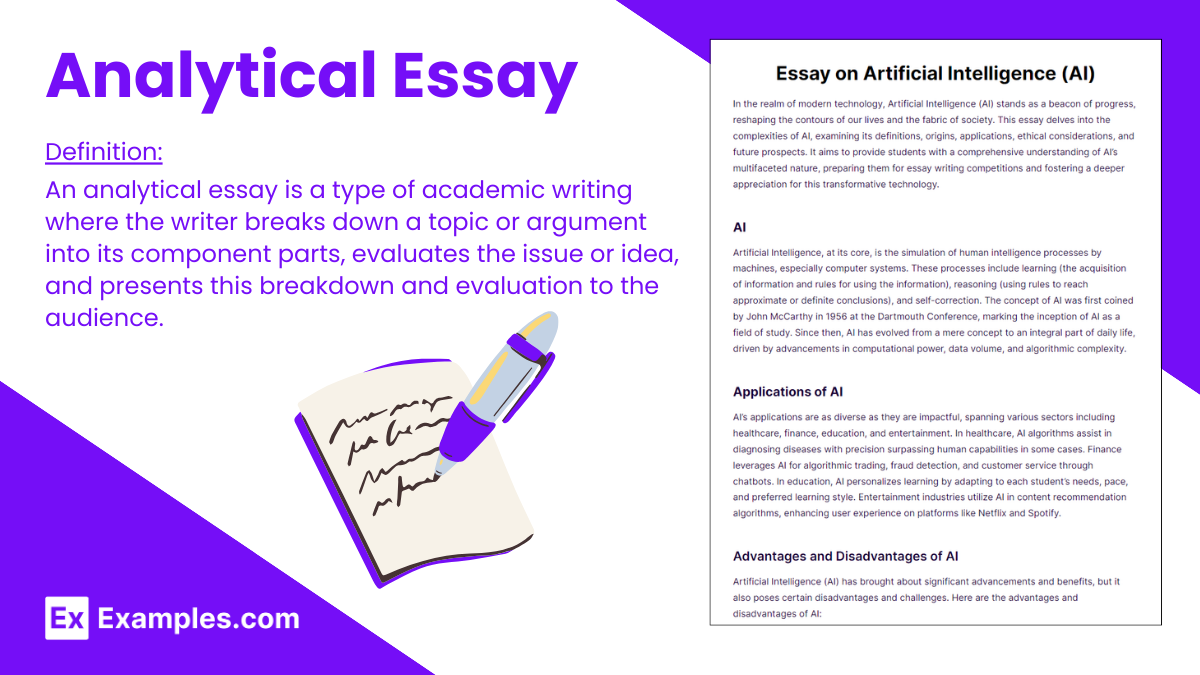
There are different types of essays which I would assume most of you are already familiar with. Persuasive essays , reflective essays , and descriptive essays are just among the few examples. Essays are rather seen important especially in the life of a student, because it is often what your grades are based on.
Knowing how to start an essay is an important in key in writing effective essay . In addition to that, your point of view will determine the kind of essay you are writing. This article will be able to help you in understanding another kind of essay, which is the analytical essay.
What is an Analytical Essay?- Definition
An analytical essay is a type of academic writing where the writer breaks down a topic or argument into its component parts, evaluates the issue or idea, and presents this breakdown and evaluation to the audience. It aims to convey a deeper understanding and insight into the subject being analyzed. Analytical essays require critical thinking and a clear argumentative structure, often addressing questions of “how” and “why.”
Structure of an Analytical Essay
An analytical essay is structured to break down and examine a specific topic, idea, or argument in depth. The goal is to present a comprehensive analysis that offers insights and a deeper understanding of the subject. Here’s how it’s typically structured:
Introduction
Hook: Start with an engaging sentence to draw in the reader. Background Information: Provide context or background necessary to understand the topic. Thesis Statement: Present a clear, concise statement that expresses the main argument or analysis that the essay will support.
Body Paragraphs
Topic Sentence: Each paragraph should start with a topic sentence that introduces the main idea of the paragraph. Analysis: Present detailed analysis of the evidence. This includes interpreting the evidence, explaining how it supports the thesis, and discussing its implications. Evidence: Include specific examples, quotations, or data that support the analysis. Make sure to properly cite sources. Link: Conclude each paragraph by linking its main idea to the thesis statement, ensuring the essay remains focused on the analysis.
Summary: Briefly summarize the key points made in the essay, reaffirming how they support the thesis. Thesis Restatement: Restate the thesis in a new way, reflecting the insights gained through the analysis. Final Thoughts: Offer final insights, reflections, or a call to action, suggesting the implications of your analysis or areas for further exploration.

Works Cited (if required)
Sources: List all sources cited in the essay in the appropriate format.
How to Write an Analytical Essay: Key Steps
- Choose Your Topic: Select a specific, analyzable topic that interests you.
- Conduct Thorough Research: Gather information from credible sources to support your analysis.
- Formulate a Thesis Statement: Develop a clear, concise thesis that outlines your essay’s main argument.
- Create an Outline: Organize your main points and evidence in a logical structure.
- Write the Essay:
Introduction : Start with a hook, provide context, and present your thesis. Body Paragraphs : Each should include a topic sentence, evidence, analysis, and a concluding sentence linking back to the thesis. Conclusion : Summarize the analysis, restate the thesis, and highlight the importance of your findings.
- Revise and Edit: Review your essay for coherence, accuracy, and errors. Ensure clarity in argumentation and evidence presentation
Analytical Essay Samples
- Essay on Artificial Intelligence (AI)
- Essay on Cyber Bullying
- Essay on Deforestation
- Essay on Discipline
- Essay on Education Rules
Analytical Essay Examples
Critical analytical.
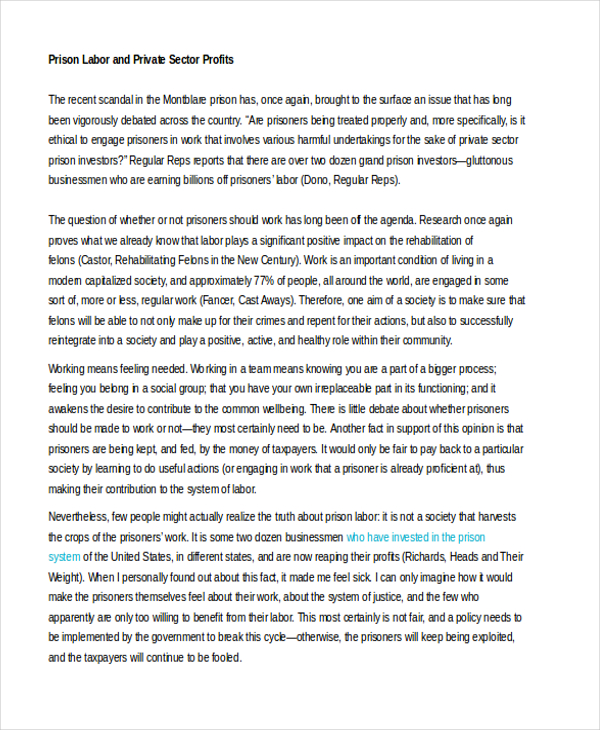
Poetry Analytical Example
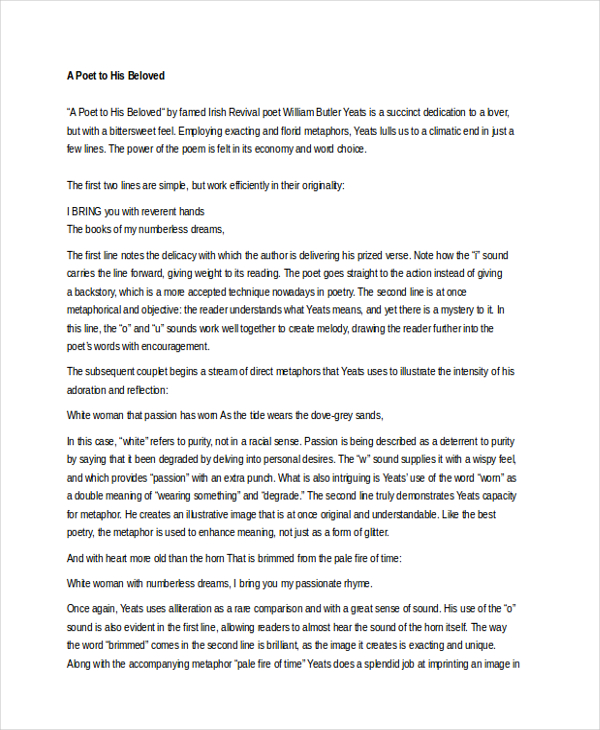
Literary Analytical Essay
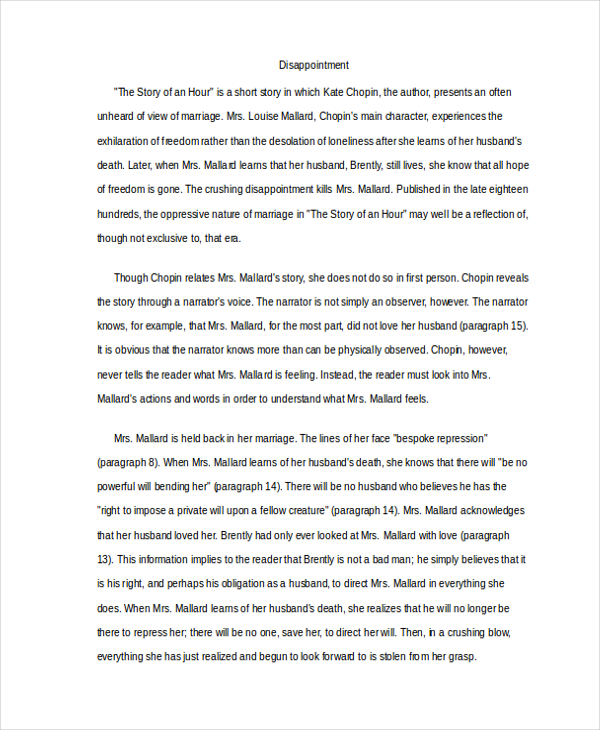
Persuasive Analytical
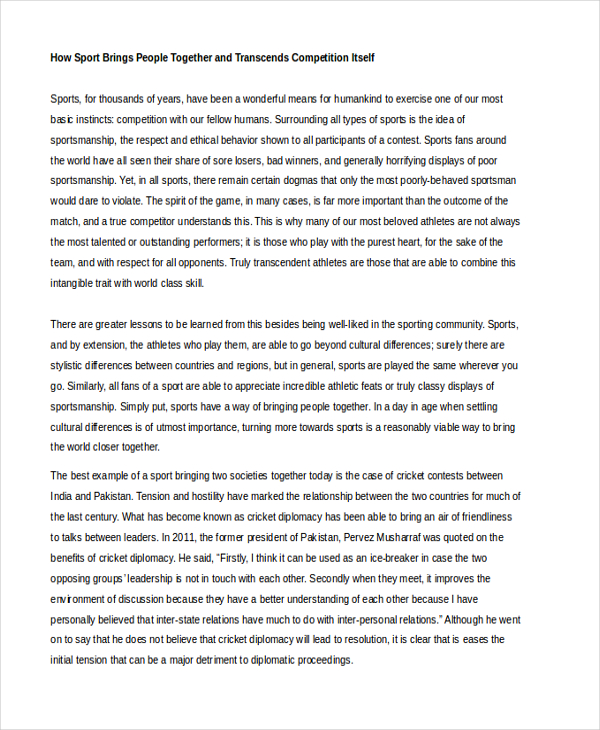
Short Analytical Sample
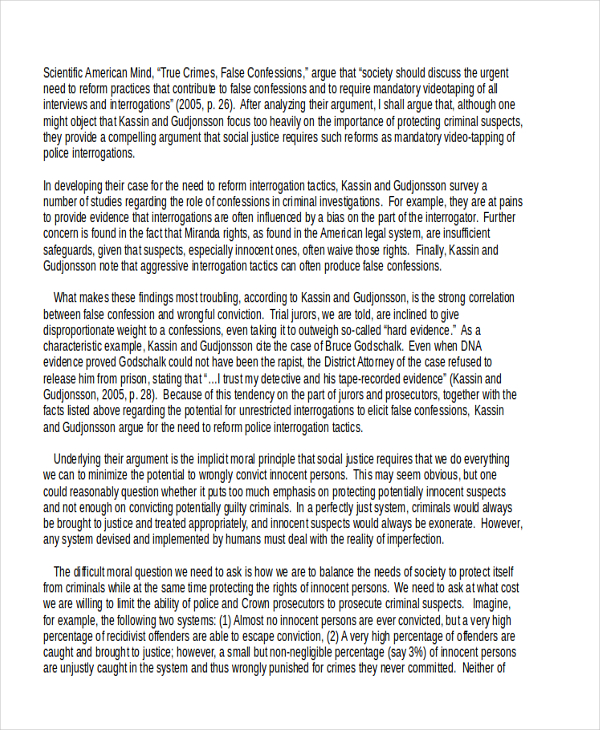
Comparative Analytical Example
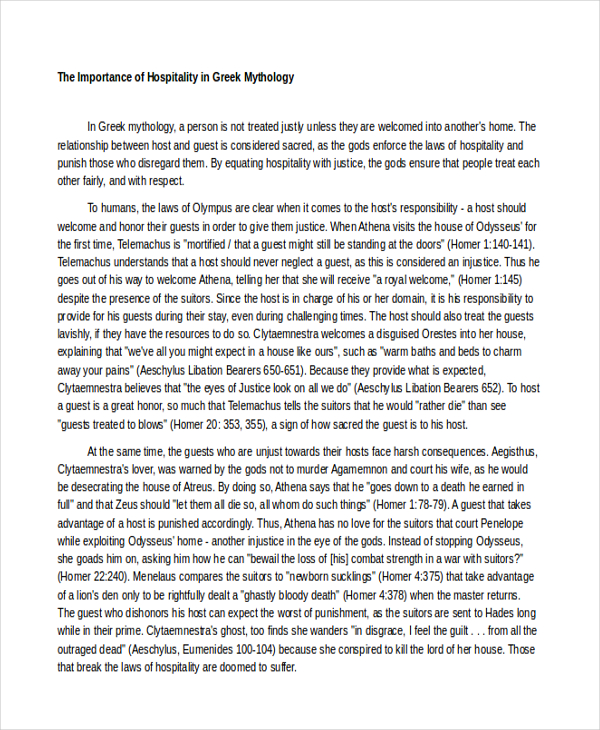
High School Analytical
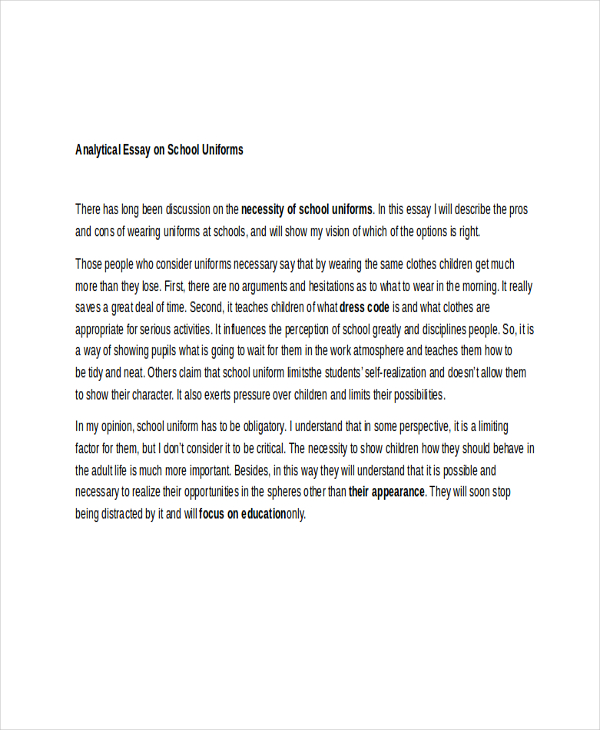
What is the Purpose of an Analytical Essay?
The purpose of an analytical essay is to break down and examine a piece of literature, film, event, or any other subject, in order to present a thorough understanding and insightful interpretation of it. This type of essay focuses on analyzing the subject’s structure, components, and underlying themes or messages. It aims to reveal deeper meanings, relationships, and complexities within the subject, encouraging readers to see beyond the surface level. Additionally, an analytical essay seeks to support its analysis with evidence, thereby fostering critical thinking and enhancing the reader’s comprehension and appreciation of the subject matter. Through this detailed examination, the essay not only contributes to academic discourse but also aids in developing the writer’s analytical and evaluative skills
Analytical Essay vs. Descriptive Essay: What’s the Difference?
The main difference between an analytical essay and a descriptive essay lies in their purpose and approach to the topic. Each serves a unique goal and employs distinct methods to achieve its objectives.
Importance of Analytical Essay
The aim of analytical essay to start is not to present a story but to analyze and it to make readers understand what the writer intends to accomplish with the essay. Some students who are asked to write an analytical essay tend to tell the readers the next scenario of the story instead of analyzing it. Remember that it is not a narrative essay, rather an essay which is aimed at analyzing the subject.
The importance of analytical essay is to provide readers a more comprehensible understanding of a story or a book by assessing all its important elements. It is a good way of practicing critical thinking by looking at a story from different angles.
How to Conclude an Analytical Essay
The conclusion of any essay, like in an expository essay , is to recap the main point in order for the readers to get a gist of the essay. This process of making a conclusion can also be applied to an analytical essay, except the writer should be able to present two important factors: the analysis and the argument .
- The analysis is the study of the main issue that is presented with its supporting elements, like the plot of the story and the characters.
- The argument is your personal response to the subject and line of reasoning based on the analysis.
How Do You Write a Text Analysis Essay?
To write a text analysis essay, start by reading the text critically to understand its themes, characters, and plot. Develop a thesis that makes a claim about the text, then organize your essay into an introduction, several body paragraphs that support your thesis with evidence from the text, and a conclusion that summarizes your analysis and reiterates the thesis.
What is the Pattern of an Analytical Essay?
The pattern of an analytical essay typically includes an introduction with a thesis statement, body paragraphs that present evidence and analysis to support the thesis, and a conclusion that summarizes the analysis and reinforces the thesis. Each body paragraph should focus on a specific aspect of the analysis.
Is an Analytical Essay a Persuasive Essay?
An analytical essay is not inherently a persuasive essay, but it can contain persuasive elements. While an analytical essay focuses on breaking down and interpreting information, a persuasive essay aims to convince the reader of a particular viewpoint. However, both may use evidence and reasoning to support their purposes.
What is the Hardest Type of Essay to Write?
The hardest type of essay to write can vary depending on the writer’s skills and interests, but many find persuasive essays challenging due to the need to effectively argue a point of view, using logic, reasoning, and evidence to convince readers to agree with a specific stance.
What is an Analytical vs Descriptive Essay?
An analytical essay breaks down and interprets various aspects of a topic to provide in-depth understanding or argument, focusing on the “how” and “why.” In contrast, a descriptive essay vividly describes a person, place, object, or event, focusing on creating a sensory experience for the reader.
Is an Analytical Essay an Expository Essay?
Yes, an analytical essay can be considered a type of expository essay. Both aim to explain or inform. However, an analytical essay specifically analyzes and interprets elements of a subject to provide deeper insight, while expository essays can also define, explain, or instruct without necessarily analyzing.
Text prompt
- Instructive
- Professional
Key Steps for Writing an Analytical Essay
Crafting Thesis Statements for Analytical Essays
Analytical Essay Outline: Structure Your Thoughts
Transition Words for Cohesive Analytical Essays
Analyzing Themes: Tips for Analytical Essays
Comparing and Contrasting in Analytical Essays
Using Evidence Effectively in Analytical Essays
Concluding Your Analytical Essay with Impact
Analytical Essay on Historical Events: How-To
Literary Analysis: Dissecting Symbolism in Texts

IMAGES
COMMENTS
An analytical essay is an essay that meticulously and methodically examines a single topic to draw conclusions or prove theories. Although they are… Learn all about analytical essays, including how to write and structure one in 6 steps, with examples of analytical essay outlines.
TIPS FOR WRITING ANALYTIC RESEARCH PAPERS. • Papers require analysis, not just description. When you describe an existing situation (e.g., a policy, organization, or problem), use that description for some analytic purpose: respond to it, evaluate it according to some specific criteria, examine it for cause-and-effect linkages, contrast it to ...
In this article, our expert research paper writer will explain what an analytical essay is, how to structure it effectively and provide practical examples. This guide covers all the essentials for your writing success!
Written by Lana La Framboise . Analytical and Critical Writing. Analytical and critical writing are common types of writing in college, and most professors will expect you to respond to their prompts with in-depth responses. While explaining evidence and stating your opinions is helpful, it doesn’t usually cover the entire prompt.
An analytical essay is a specialized form of academic writing, distinct from merely summarizing a subject. It requires an intricate exploration of a chosen topic, be it a piece of art, a historical occurrence, or a scientific phenomenon.
An analytical essay is a type of academic writing where the writer breaks down a topic or argument into its component parts, evaluates the issue or idea, and presents this breakdown and evaluation to the audience. It aims to convey a deeper understanding and insight into the subject being analyzed.